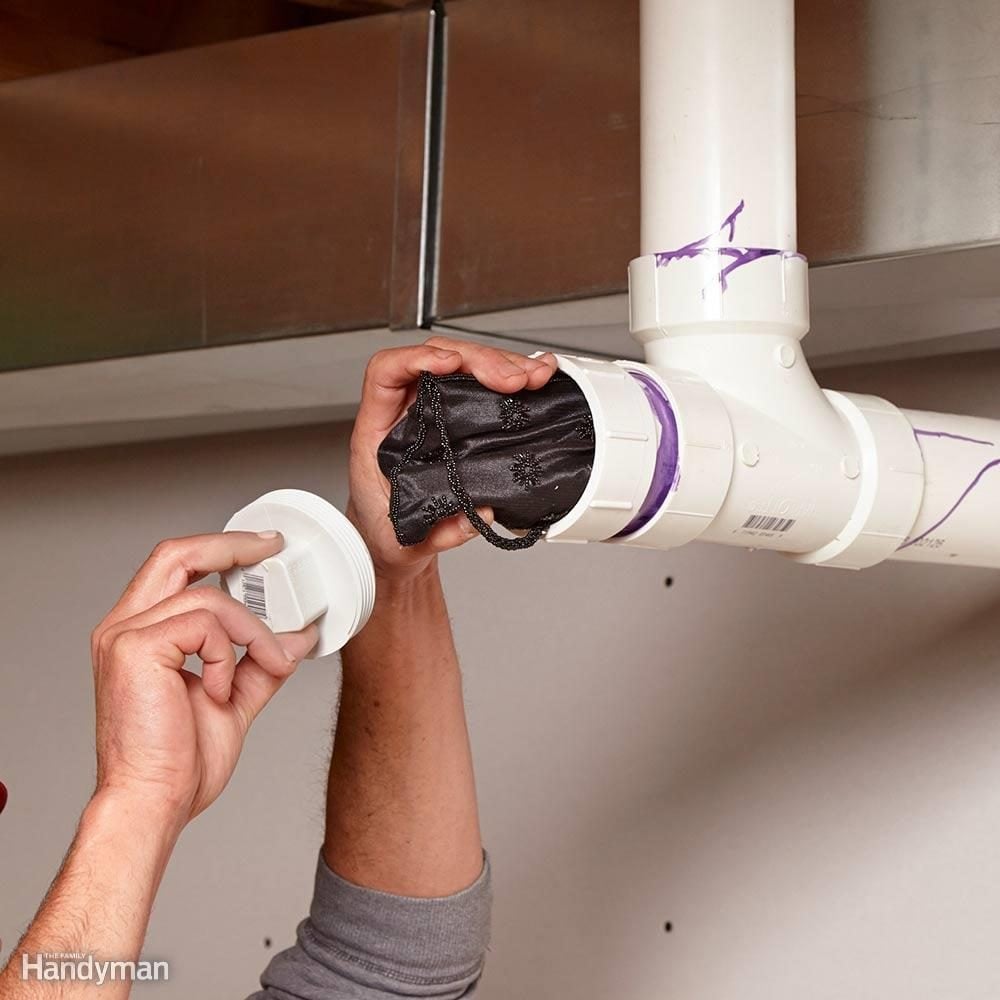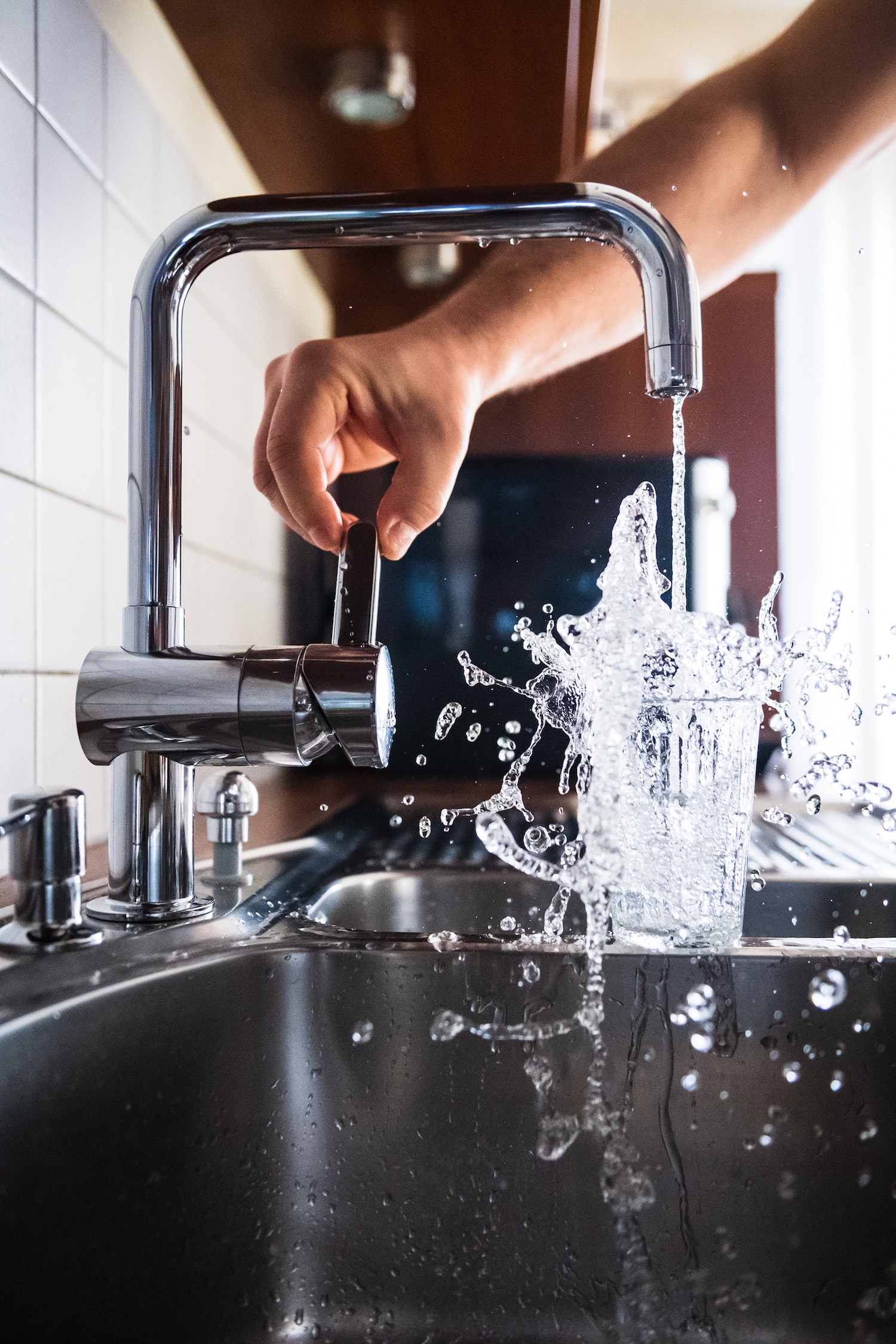On this page down the page you might get some good ideas when it comes to Prevent Freezing and Bursting Pipes.

All property owners that live in warm climates should do their best to winterize their pipes. Failure to do so can spell disaster like icy, cracked, or burst pipelines.
Try a Hair Dryer or Warm Gun
When your pipelines are virtually freezing, your reliable hair clothes dryer or heat weapon is a blessing. If the hot towels do not help displace any type of working out ice in your pipelines, bowling hot air directly right into them may aid. Nonetheless, do not make use of various other objects that generate straight fires like a blow lantern. This can cause a larger disaster that you can not control. You may end up harmful your pipelines while attempting to melt the ice. And over time, you may also wind up shedding your home. So beware!
Open Closet Doors Hiding Plumbing
When it's cold outside, it would be useful to open cupboard doors that are concealing your pipes. Doing this small method can maintain your pipes warm and limit the potentially dangerous outcomes of freezing temperature levels.
Take Time to Wrap Exposed Piping
One great and also simple hack to warm up frigid pipelines is to cover them with warm towels. You can cover them initially with towels. After securing them in position, you can pour boiling water on the towels. Do it gradually to let the towels soak up the liquid. You can additionally utilize pre-soaked towels in hot water, just do not forget to use safety gloves to secure your hands from the heat.
Turn On the Faucets
When the temperature drops as well as it seems as if the frigid temperature will certainly last, it will help to activate your water both inside and outdoors. This will maintain the water moving through your plumbing systems. Additionally, the motion will decrease the freezing process. Especially, there's no demand to transform it on full blast. You'll end up squandering gallons of water this way. Rather, go for about 5 drops per min.
Shut Off Water When Pipelines are Frozen
If you notice that your pipelines are completely frozen or almost nearing that stage, turn off the primary water shutoff instantly. You will typically find this in your cellar or utility room near the heater or the front wall closest to the street. Turn it off right now to avoid additional damages.
Do not fail to remember to shut outside water sources, as well, such as your hookup for the garden house. Doing this will prevent extra water from filling your plumbing system. Sadly, with more water, even more ice will certainly accumulate, which will eventually bring about rupture pipes. If you are unclear regarding the state of your pipes this winter season, it is best to call a professional plumber for an inspection. Taking this proactive strategy can conserve you countless bucks in repairs.
All home owners who live in warm climates must do their best to winterize their pipelines. Failing to do so can lead to catastrophe like icy, split, or ruptured pipelines. If the warm towels do not assist remove any kind of resolving ice in your pipelines, bowling hot air directly into them might aid. Transform off the major water valve quickly if you notice that your pipes are totally frozen or almost nearing that phase. With even more water, more ice will certainly stack up, which will ultimately lead to break pipelines.
PREVENT YOUR PIPES FROM FREEZING THIS WINTER
A Leading Cause of Property Damage
When the weather is taking a deep nose dive into the cold dreary days, the risk of your pipes freezing and potentially bursting skyrockets. Unfortunately, during these cold dreary months, burst pipes are the most common denominator for property damage. The pipes that are most at the risk are those that are in areas where it is most cold in your home. For instance, pipes located in interior places such as basements, attics, and your garage. Unfortunately, that doesn’t mean that the pipes running through your cabinets or exterior walls can’t freeze. Good news, however, is that you can do things to help prevent pipes from freezing.
How to Prevent Pipes From Freezing
Once the temperature starts to drop during the winter, you should be taking the proper measures needed to ensure that your pipes stay warm and that there is circulation of water through them. Some steps that experts may recommend could go against your better judgement when it comes to saving water and heat. However, it would go without saying that when expenses are compared, damaged pipes could put a bigger dent in your wallet than a water bill.
What Can I Do?
Keep your garage door closed. This is very important, especially if you have water supply lines running through your garage. Open your kitchen and bathroom cabinets to allow warm air to circulate through them. Allow air circulation throughout your home. Keeping the interior doors open will once again allow the warm air to circulate inside your home. Ensure your thermostat is running the same temperature throughout the night and day. If you plan to be away from home during the cold months, set your temperature no lower than 55° F. This should provide enough heat to keep the pipes warm and prevent any remaining water inside the pipes from freezing. For more of a long-term solution, add insulation to attics, basement, and other crawl spaces around your home. By allowing your faucet to drip, it will alleviate pressure in the system. This is important because the pressure that is created between the blockage and the faucet can potentially cause the pipes to burst. Allowing the faucet to drip will prevent the pressure from building up, therefore keeping the pipes from bursting. Seal any cracks, openings, and crawl spaces around your home to prevent cold air from coming inside. This keeps your pipes-not to mention your home-warmer and less susceptible to issues caused by freezing temperatures. For the pipes in your home that are easily accessible, applying electrical tape to them might prevent them from freezing over. This is a quick fix, as you can apply the tape directly to the pipe. There are two options for heating tapes. One turns on and off by itself when it senses heat is needed. The other type of heating tape needs to be applied when heat is needed and removed when not necessary. If you have exposed pipes in your home, you can check this website to take a look at a few options that would be available at a shop near you.

Do you appreciate more info about Prevent Freezing and Bursting Pipes? Try leaving a remark down the page. We would be interested to know your thinking about this write up. We hope that you visit us again soon. Sharing is good. Who knows, you might be doing someone a favor. Thanks for taking the time to read it.
Get Offer